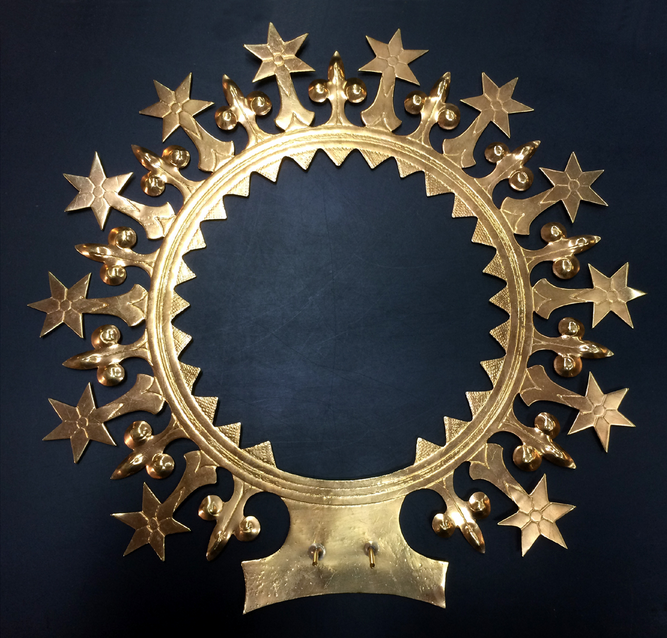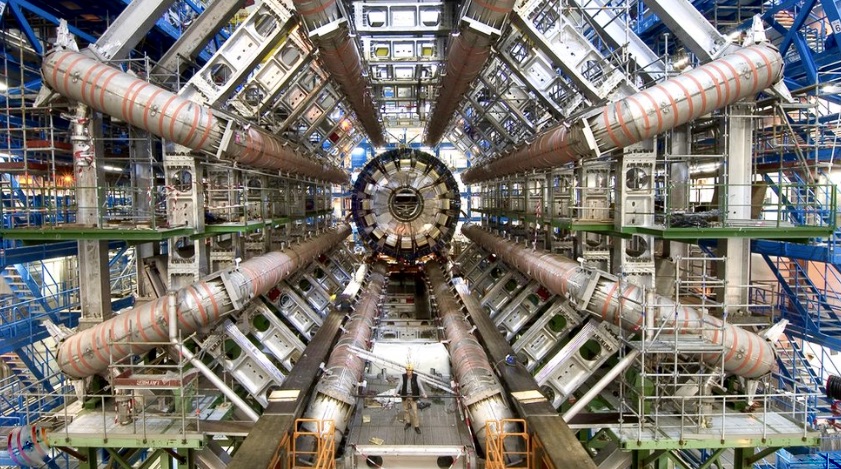In the newspaper it says ‘Three charged with Kercher killing’. The headline refers, of course, to the three suspects whose odd accounts of their activities at the time of British student Meredith Kercher’s death will shortly be assessed by an Italian judge, who may require them to stand trial. For legal reasons, I expect, the ‘Three’ cannot be referred to as the ‘Kercher Three’ as such an explicit linking would be considered prejudicial to their case. Without this formulation, however, the headline is quite obscure, given that the case has been out of the papers for several months. One might ask, on reading it, “Three who?” Three people, probably. Just any old people? Ones that we haven’t yet heard of? Obviously not – the word ‘Kercher’ reminds us – those of us that remember the name – that the case was, before last Christmas, quite notorious.
The headline is unsatisfactory. It would have been better had it been composed thus: ‘”Three” charged with Kercher killing’. This would serve to suggest that the Three are not just any three but a special three. It could, however, create confusion, insofar as it might cast doubt on the exact numbers of suspects involved. As if a policeman had said “We think three were involved but it might have been four.” The policeman’s lack of certainty would then have been mocked by the use of the quotation marks. This possibility muddies the field.

The point is, the Three have acquired distinctiveness, unlike the three that haven’t (the ones we haven’t heard about yet). This Three are on the point of acquiring an aura but they haven’t got it yet. If they are found guilty they will certainly get it. If acquitted they may also get it, but for a shorter time.
The aura isn’t the one that saints have, wherein a dinner plate worn behind the head signifies estimable goodness. It’s ‘aura’ in a neutral sense – a distinctiveness that, one imagines, might crackle or hum about them were we to meet them.
The headline hums though, in another way. It lacks any indication that its subjects may be special. But it does have the word ‘killing’ in it, and this focuses the attention. This attention is not repaid, it simply enables one to note that something is missing. It’s the aura that is missing, but that’s appropriate because the Three have yet to acquire the aura.
We are witnessing the period before something that may be about to take off takes off. The period is both empty and pregnant.
The headline is part of a mythopoeic process – it’s a stage in the making of a myth. It doesn’t refer to the mythic qualities of the three accused but it presents a point on the path towards a canonisation that is possibly imminent.

You could say that any killing already follows mythic shapes, but this is contemporary mythmaking, the sort that gives rise to the auras of Sir Alan Sugar, Steven Hawking and Celine Dion. These specialnesses can be confused with charisma, though, and must therefore be regarded as aspects of mythmaking lite.

A few weeks ago in Geneva CERN announced the imminent switch-on of its latest particle accelerator, the Large Hadron Collider, which may lead to the confirmation of the existence of the Higgs Boson, the hypothetical particle that endows massless elementary particles with mass. The Kercher headline marks the path of the myth boson, one that hovers in the vicinity of certain categories of event – in this case a newspaper headline that lacks mass – and may combine with an event to give it a sheen that could become a glow that might become a radiance. This has little to do with the outcome of a court case, it’s a process looking for an object.
07.2008

